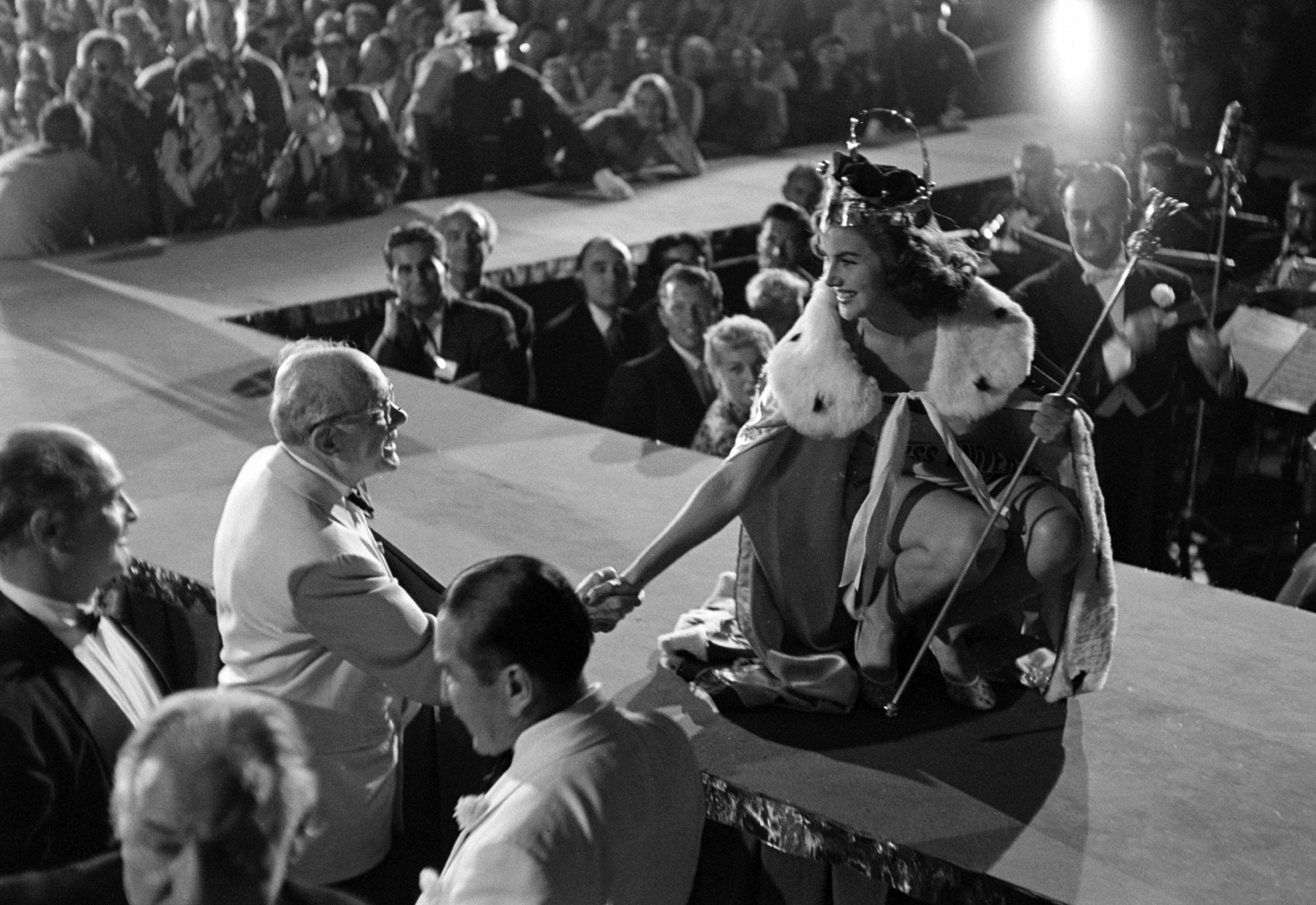
You might expect the most controversial thing about the Miss Universe pageant to be a misapplied fake eyelash or a broken six-inch heel. The annual, Trump-run pageant—which gives equal weight to a contestant’s ability to don a swimsuit, twirl about in an evening gown and not flub an interview—is not exactly the State of the Union or the Davos Economic Forum (two events that happen to fall during the same week).
But politics seem in to creep in through the caked-on foundation year after year. This year’s competition, which airs Sunday, Jan. 25, has already made headlines for a controversial selfie taken with Miss Lebanon and Miss Israel, whose countries have been on hostile terms for as long as they’ve existed. Last year’s pageant, held in Russia, caused a stir by barring contestants from countries that Russia does not officially recognize, including Kosovo. Back in 1969, Miss Austria ruffled feathers by saying that the greatest historical figure was Mao Zedong.
The politics of pageantry date all the way back to the inaugural pageant, which took place in Long Beach, California, in 1952. Miss Universe was an outgrowth of Miss America, which until 1950 had been sponsored by the Catalina Swimwear company. But when that year’s Miss America, a former Catholic school girl, refused to pose for photographs in a bathing suit, Catalina pulled its sponsorship and went on to found Miss USA and Miss Universe (and, much later, Miss Teen USA).
An ad for Miss Universe in an April 1952 issue of LIFE enticed young women to enter the competition with the promise of a flight on “luxurious Pan American World Airways,” lodging at “the finest hotels overlooking the blue Pacific” and a chance to win a contract with Universal Studios. All an aspiring beauty queen had to do was mail in a photo of herself in a Catalina swim suit.
Between April and June, photographs were mailed, contestants were selected and Pan Am flights were boarded. And when the results rolled in, with Miss Finland taking home the tiara, not everyone was pleased. A July news brief in LIFE titled “Beauty queen sounds off” summarized Miss Italy’s charges that politics, not merit, had decided that year’s winners:
Finland was given first place to publicize the Olympics. Miss Hawaii placed second because Hawaii is a candidate for statehood. Miss Hong Kong was given third place to prove that the U.S. has no prejudice against Orientals, and Miss Germany got fifth place “just so [Chancellor] Adenauer will know there will always be a place for Germany in America’s round table.” Miss Italy said that only fourth-place Miss Greece earned a prize on the basis of her appearance.
Whether it’s better to win a prize based on one’s genes or one’s status as a pawn in a much larger game is a question that remains as we head into this year’s spectacle. Although perhaps the more prudent question is whether any of it really matters at all.
Liz Ronk, who edited this gallery, is the Photo Editor for LIFE.com. Follow her on Twitter at @LizabethRonk.
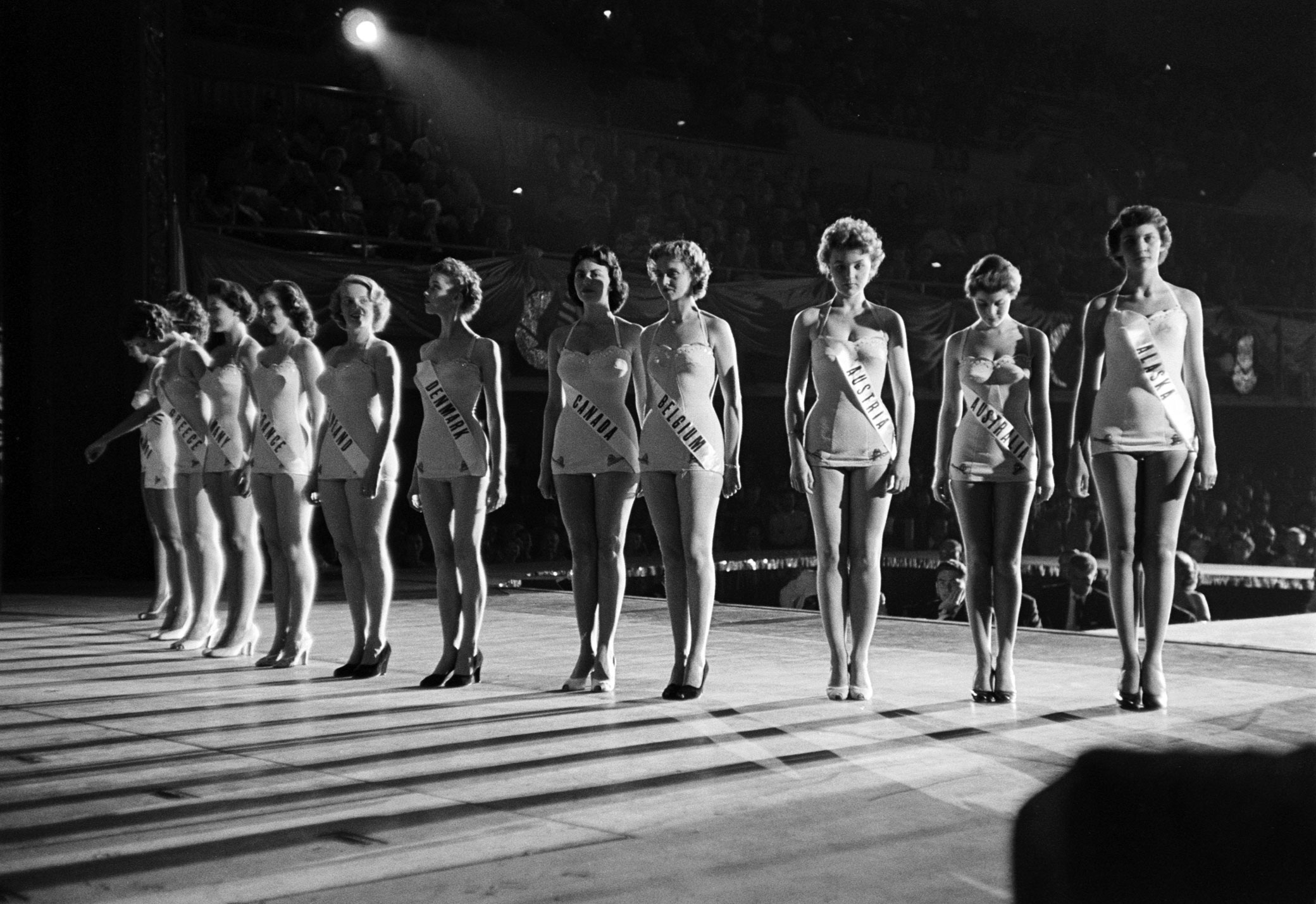
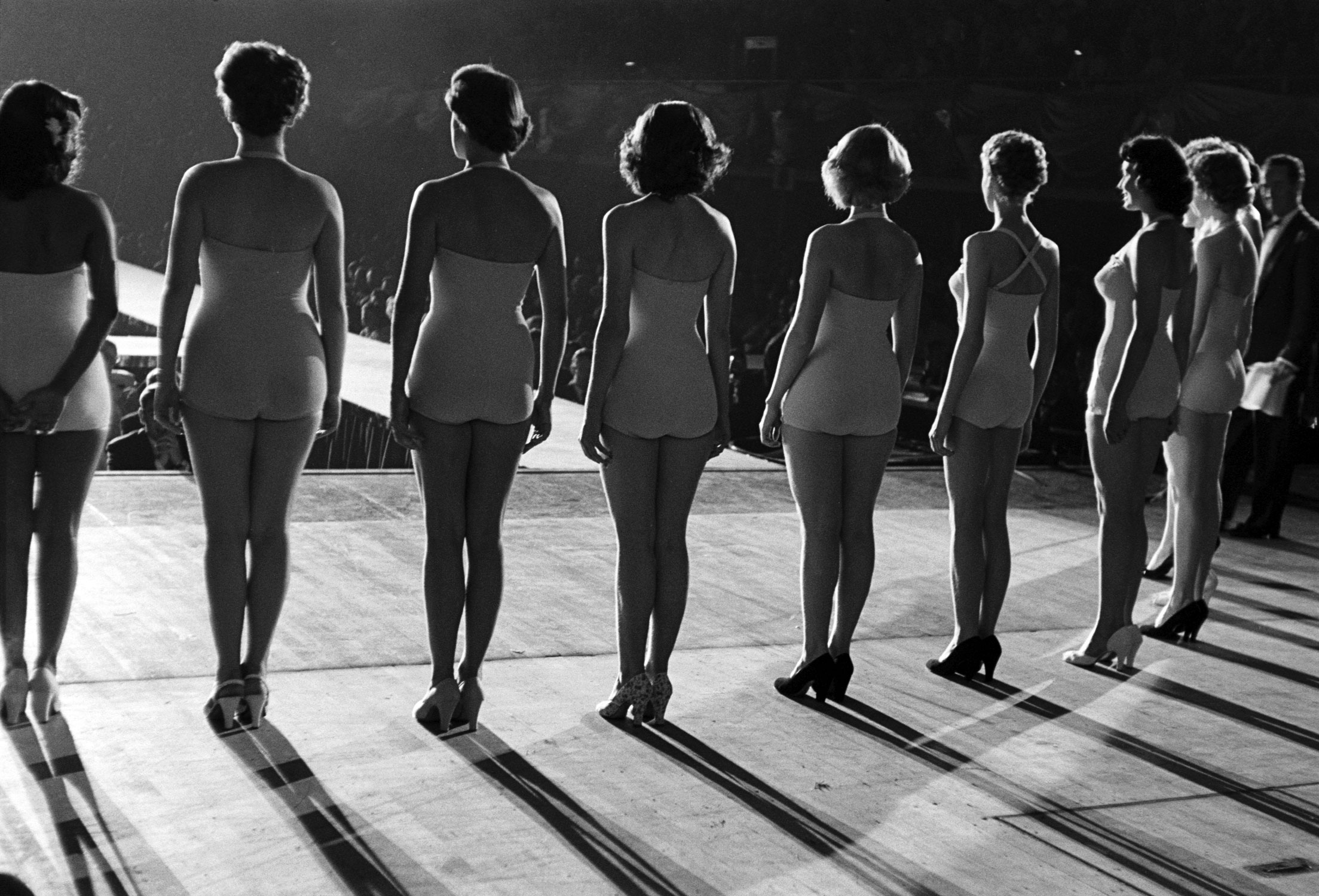
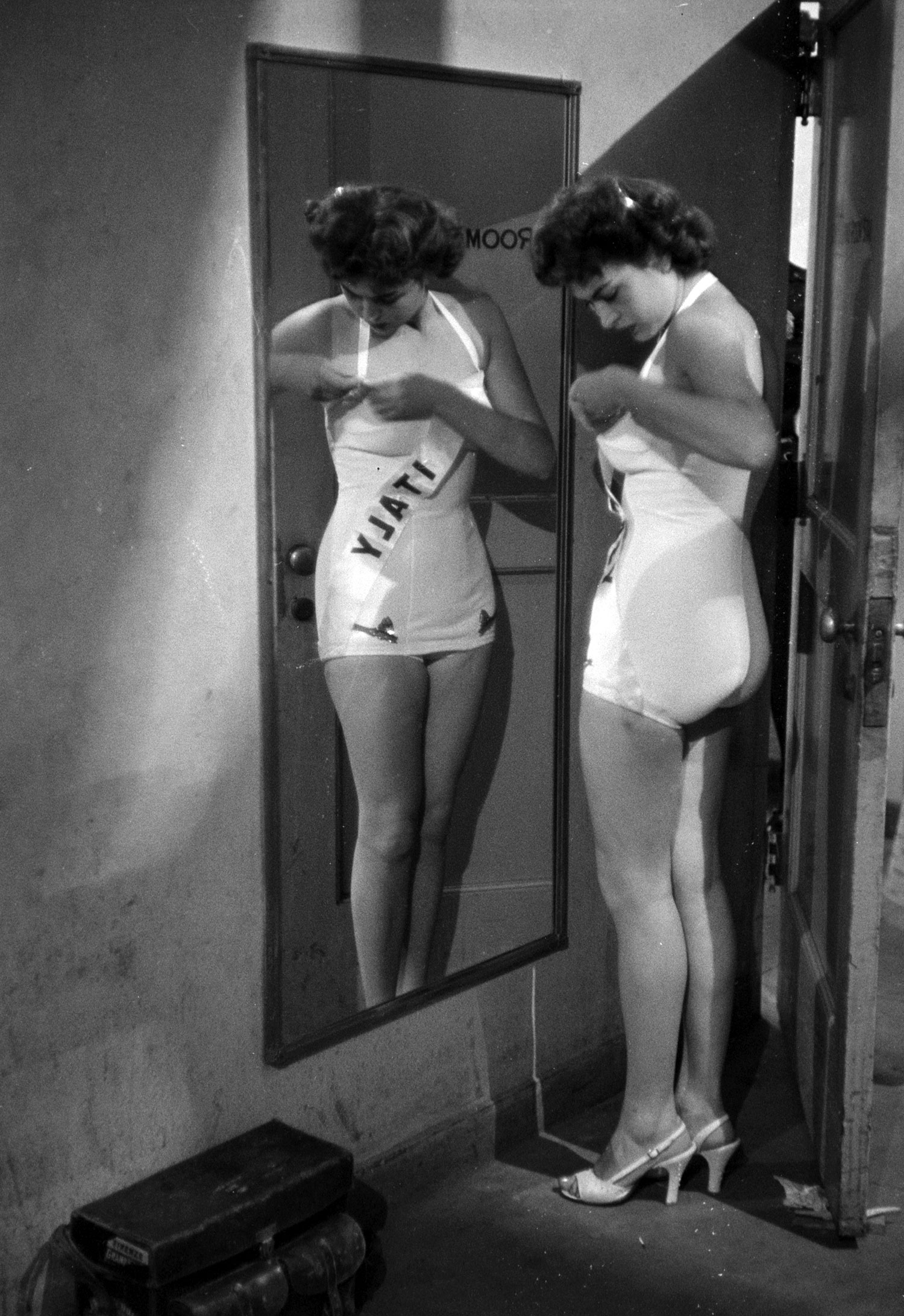
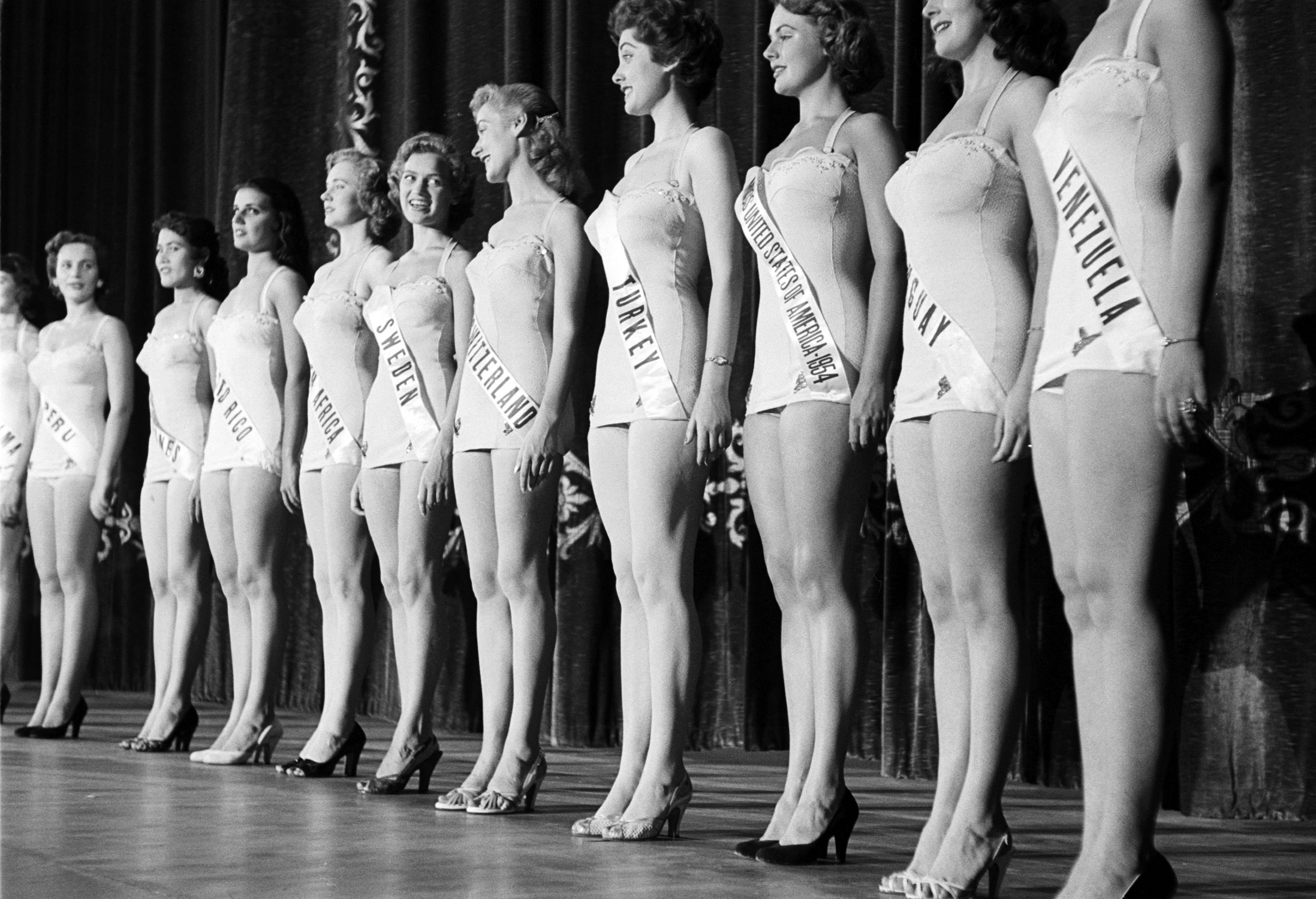
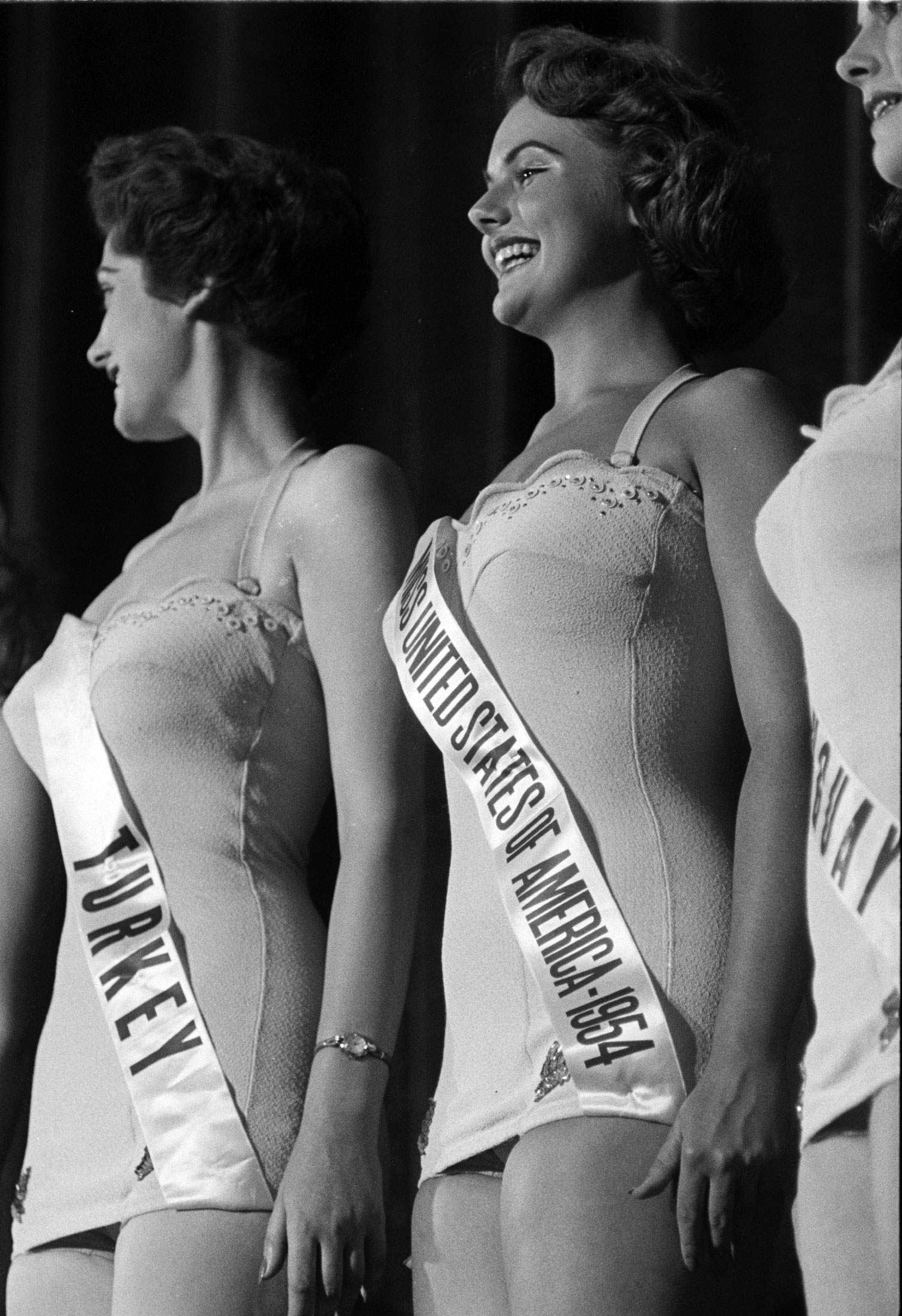
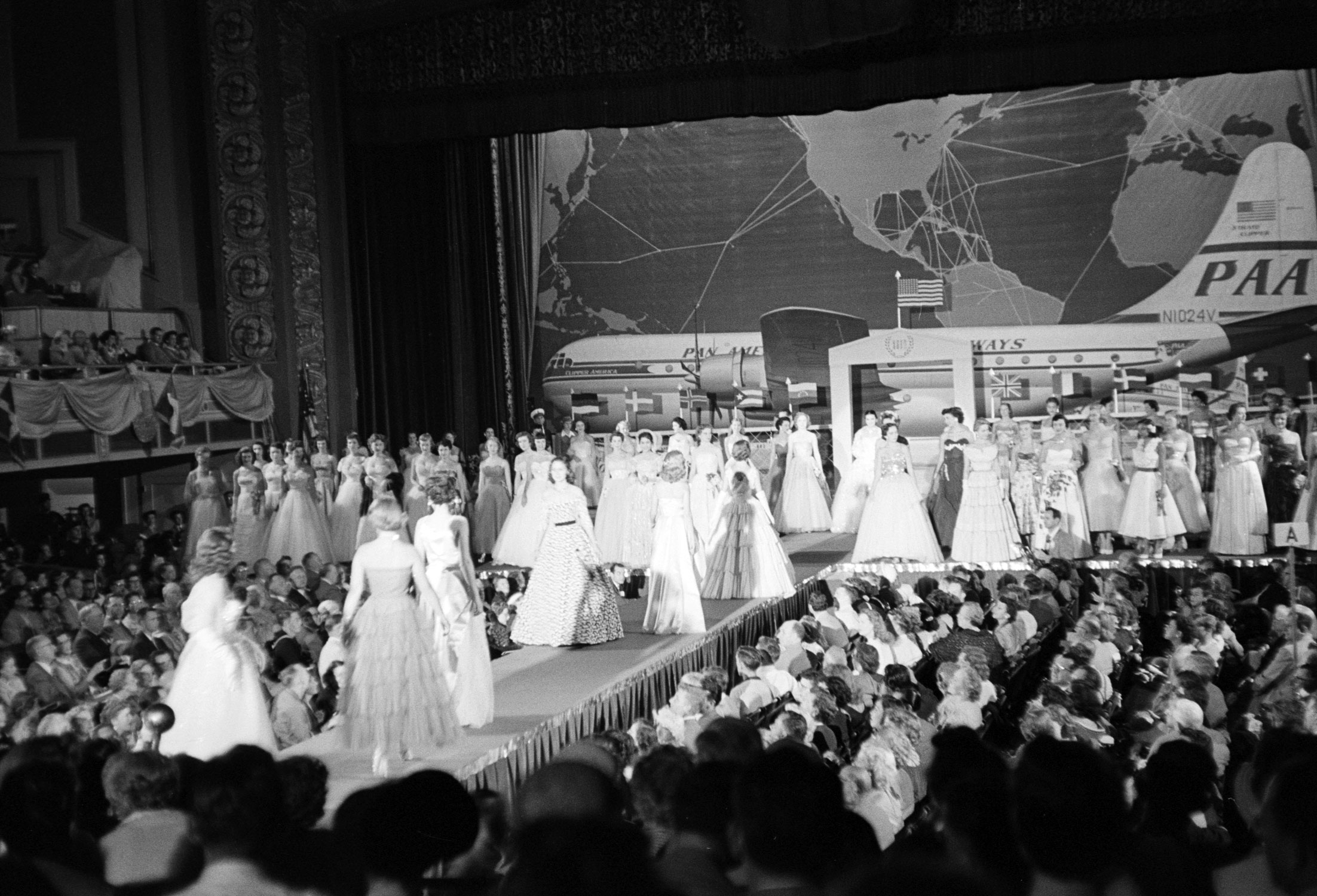
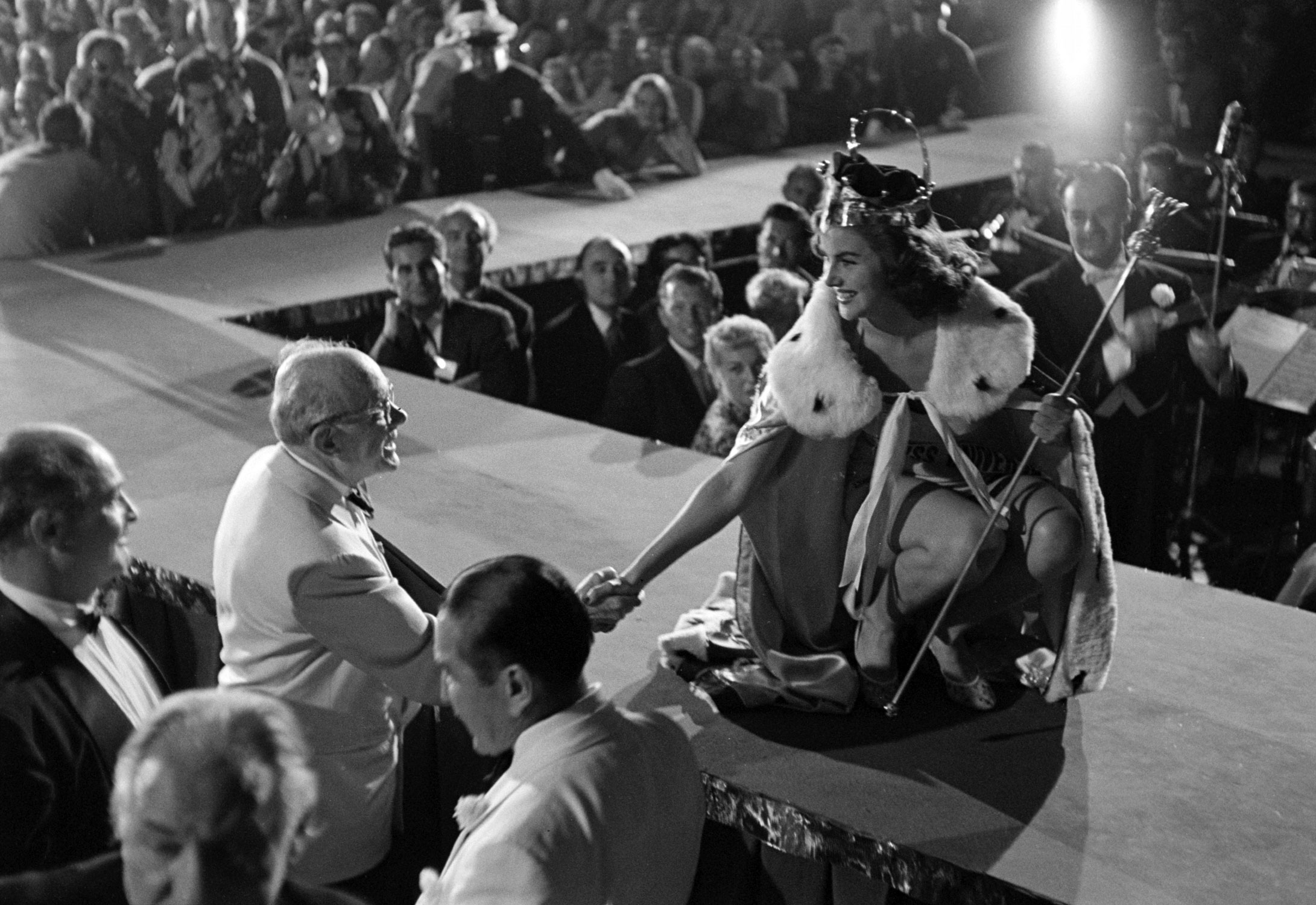
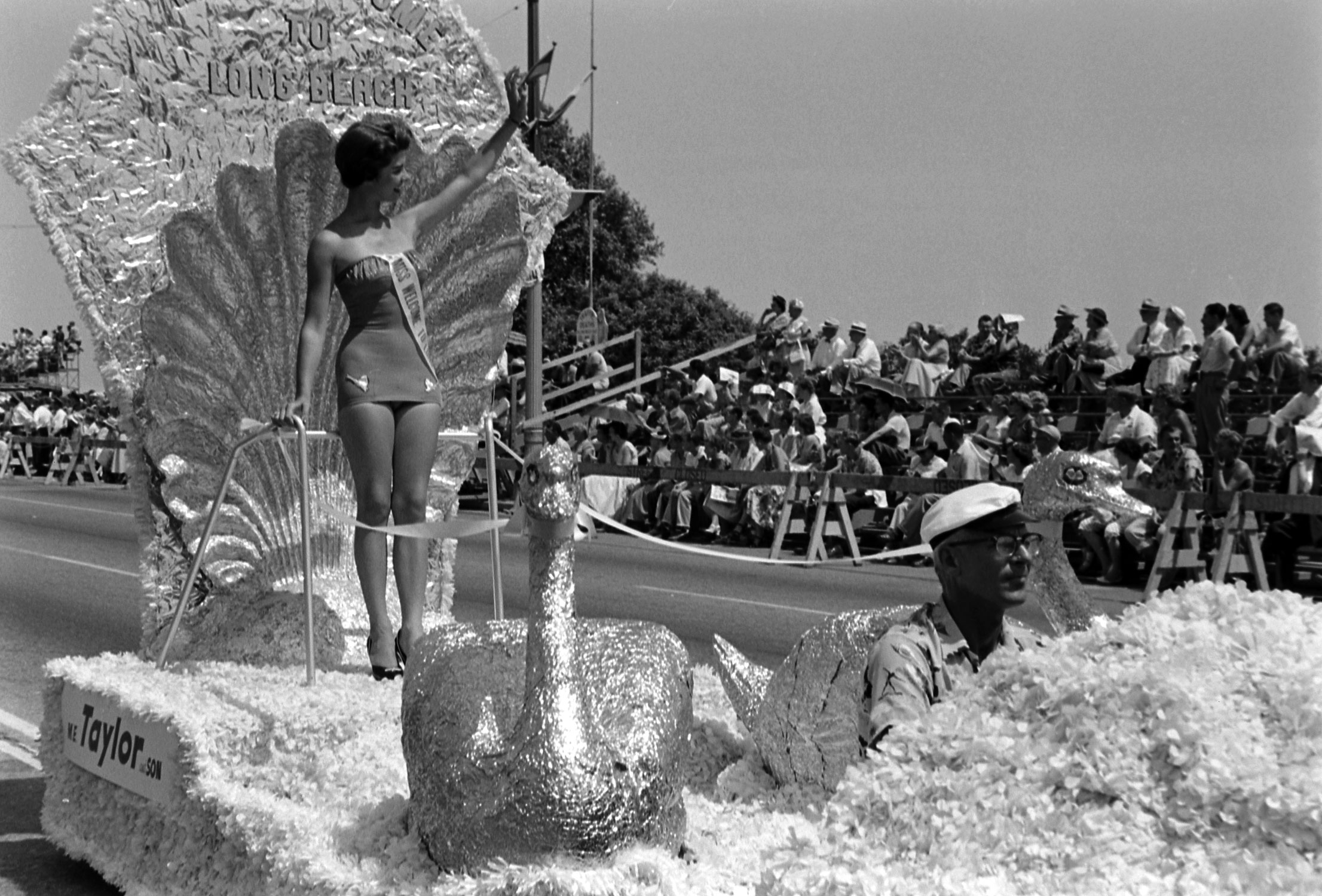
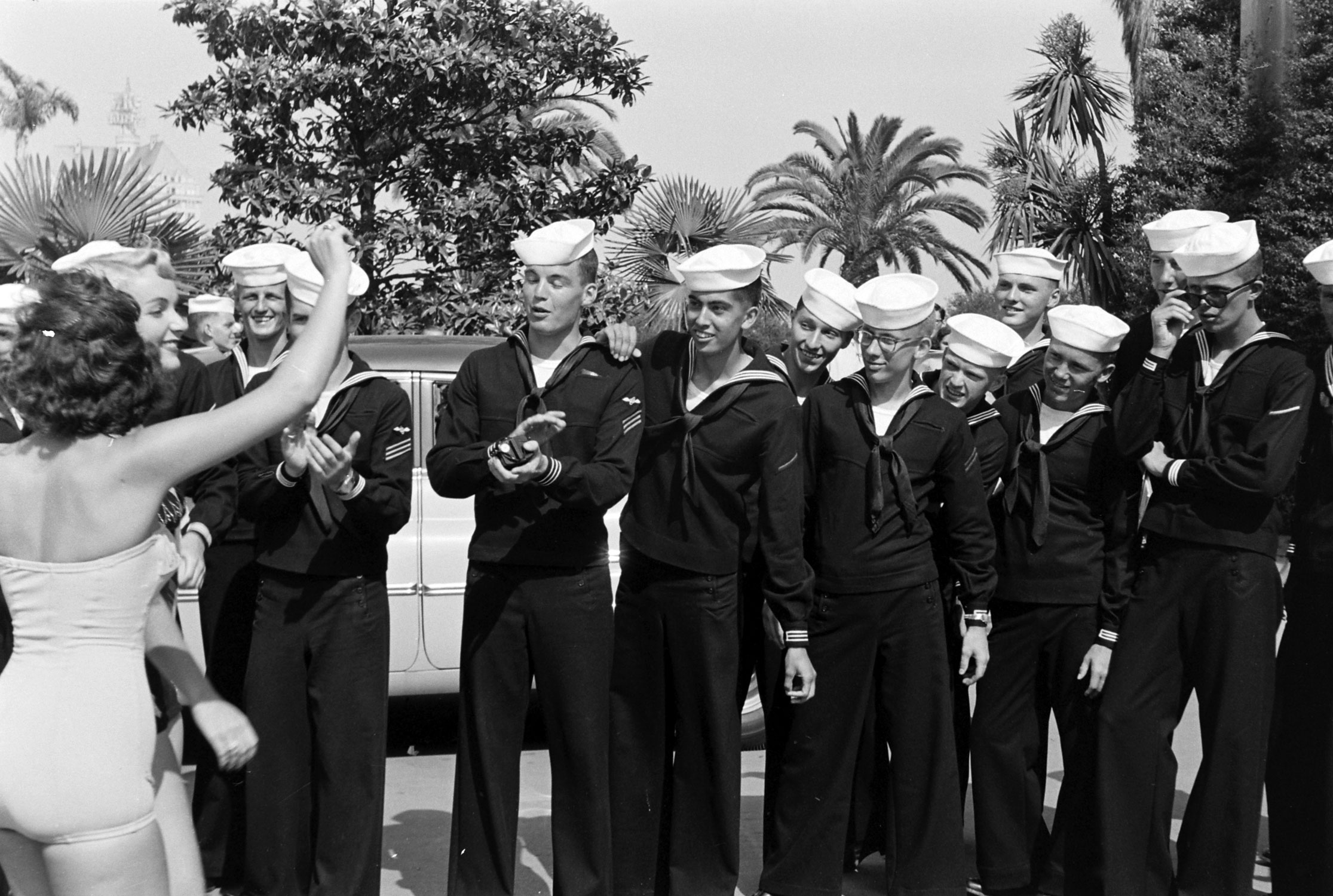
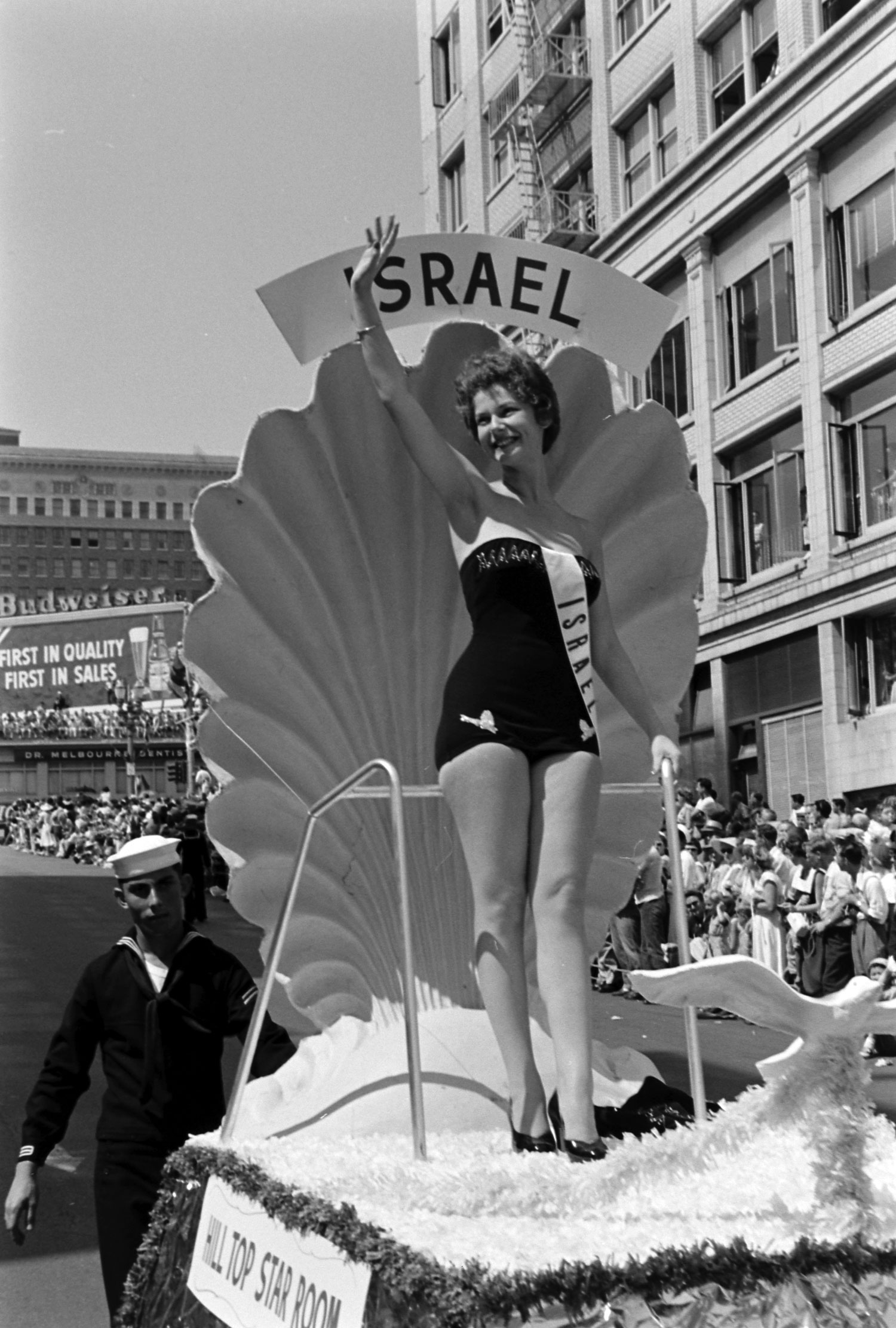
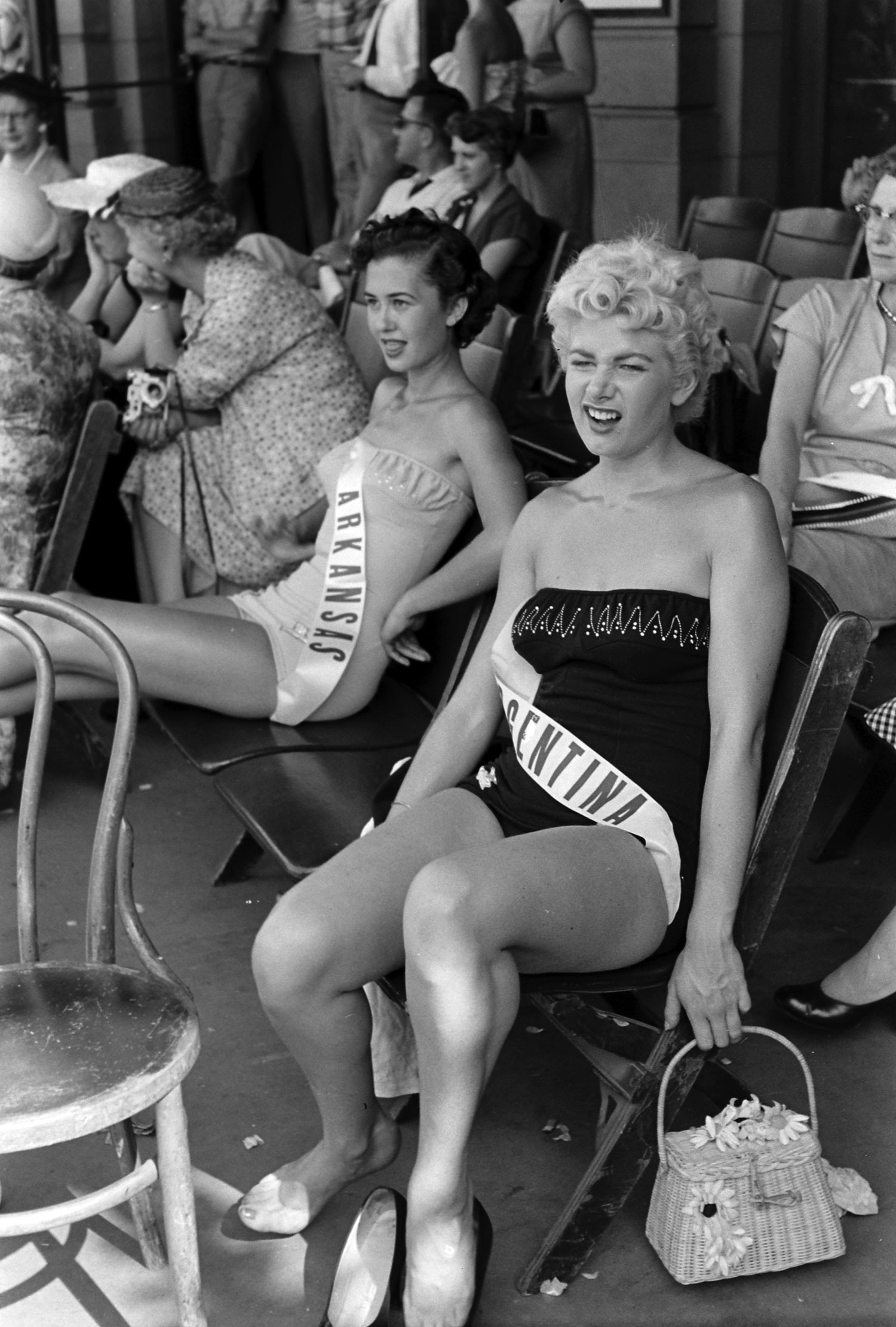
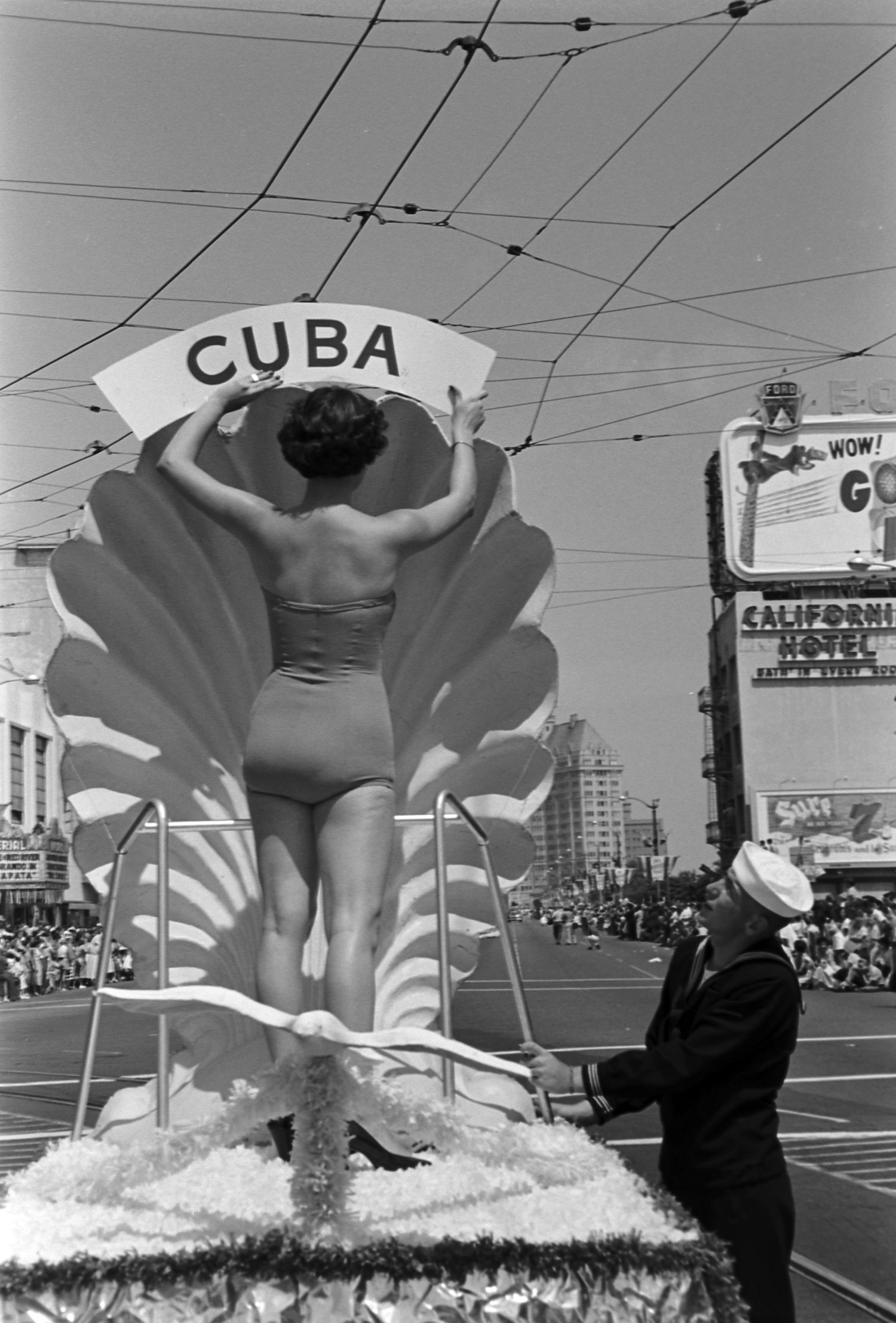
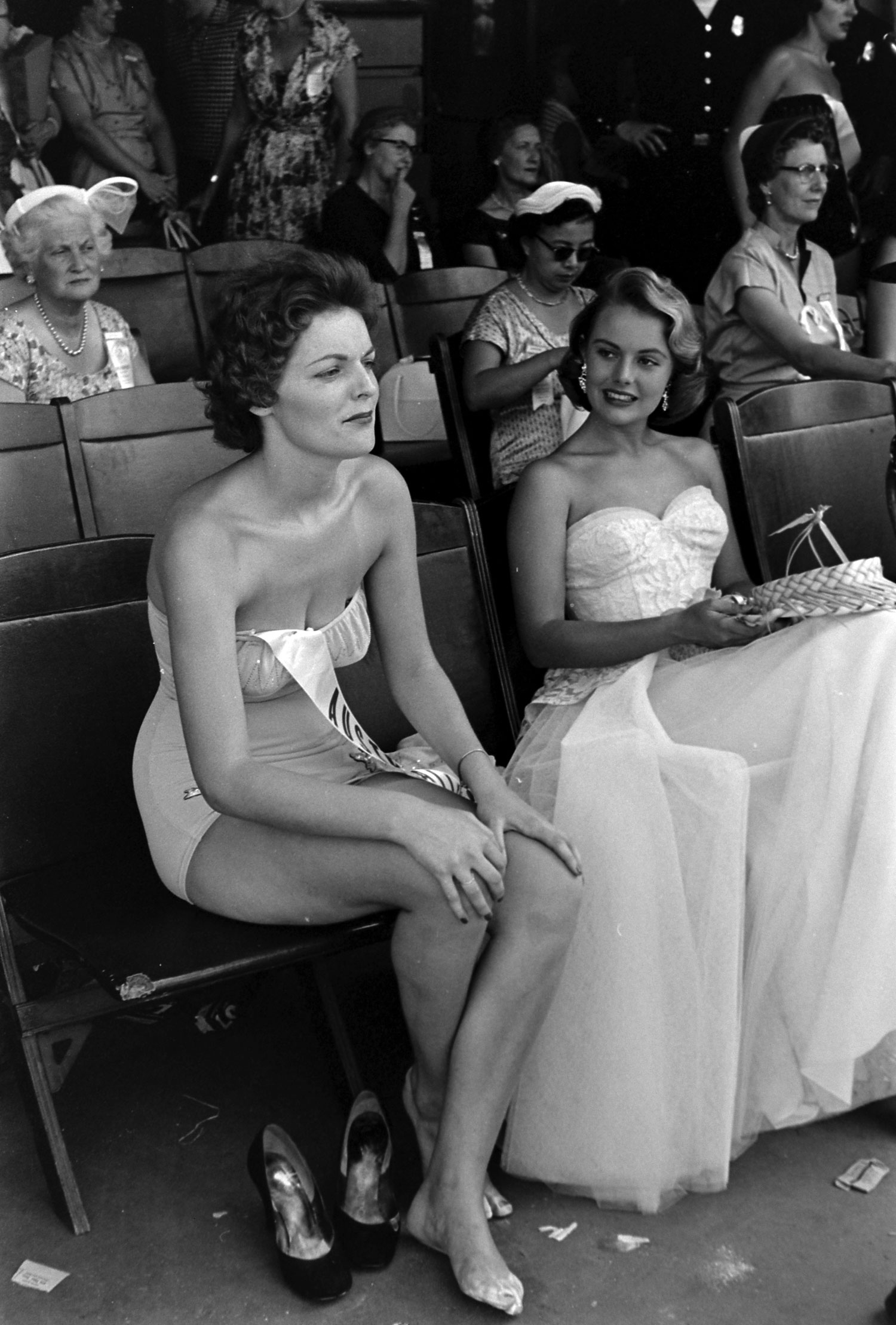
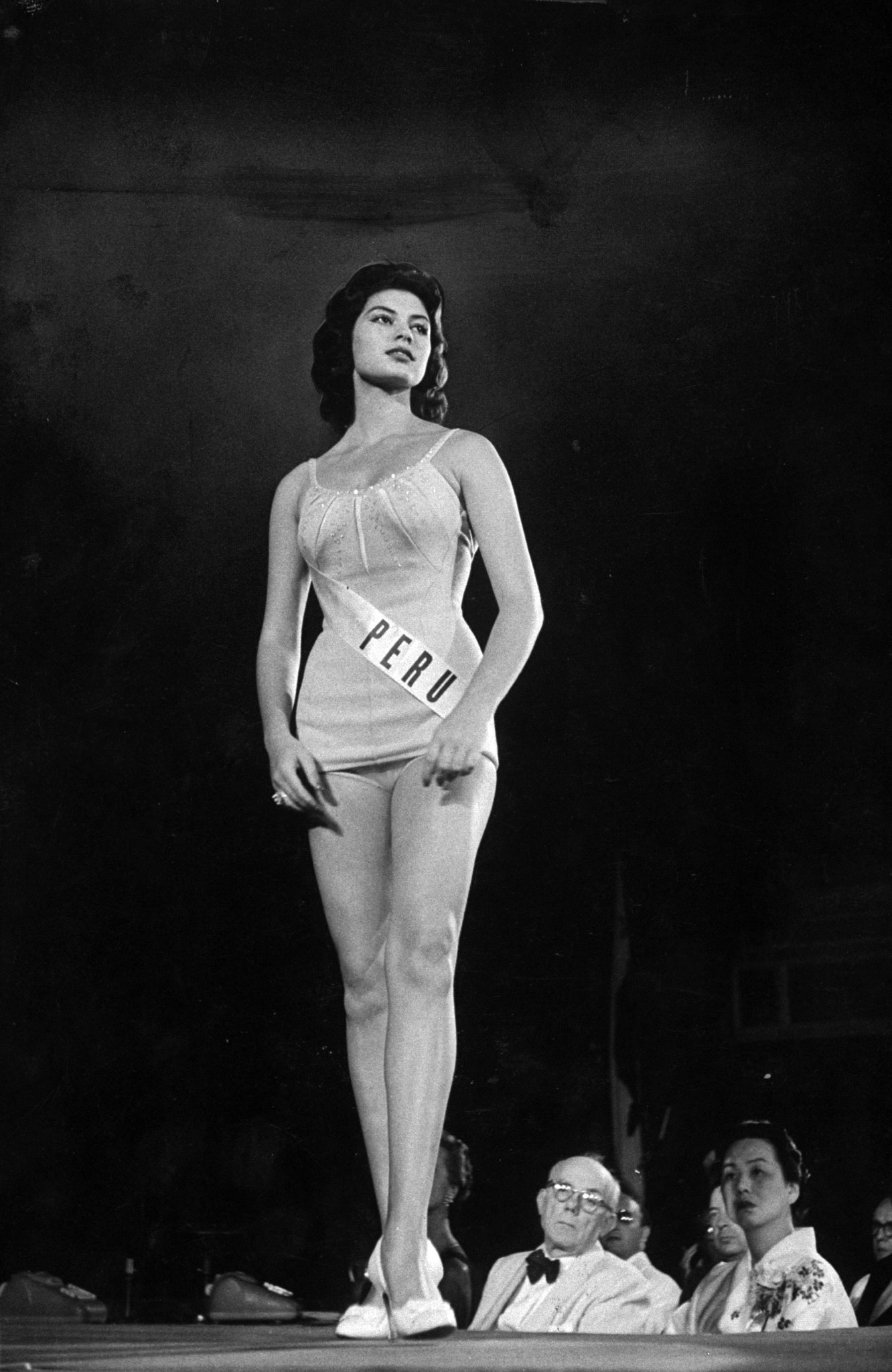
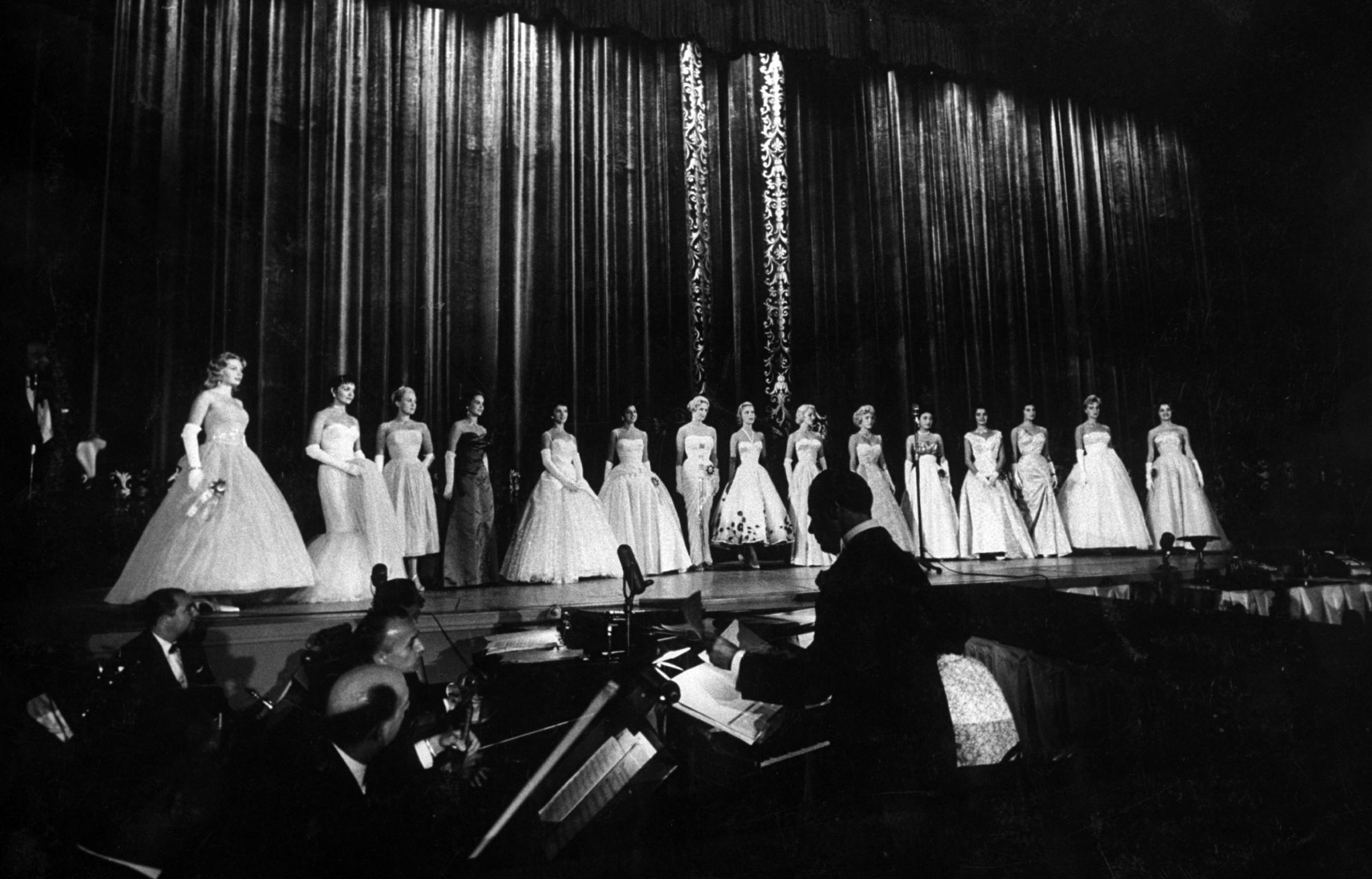
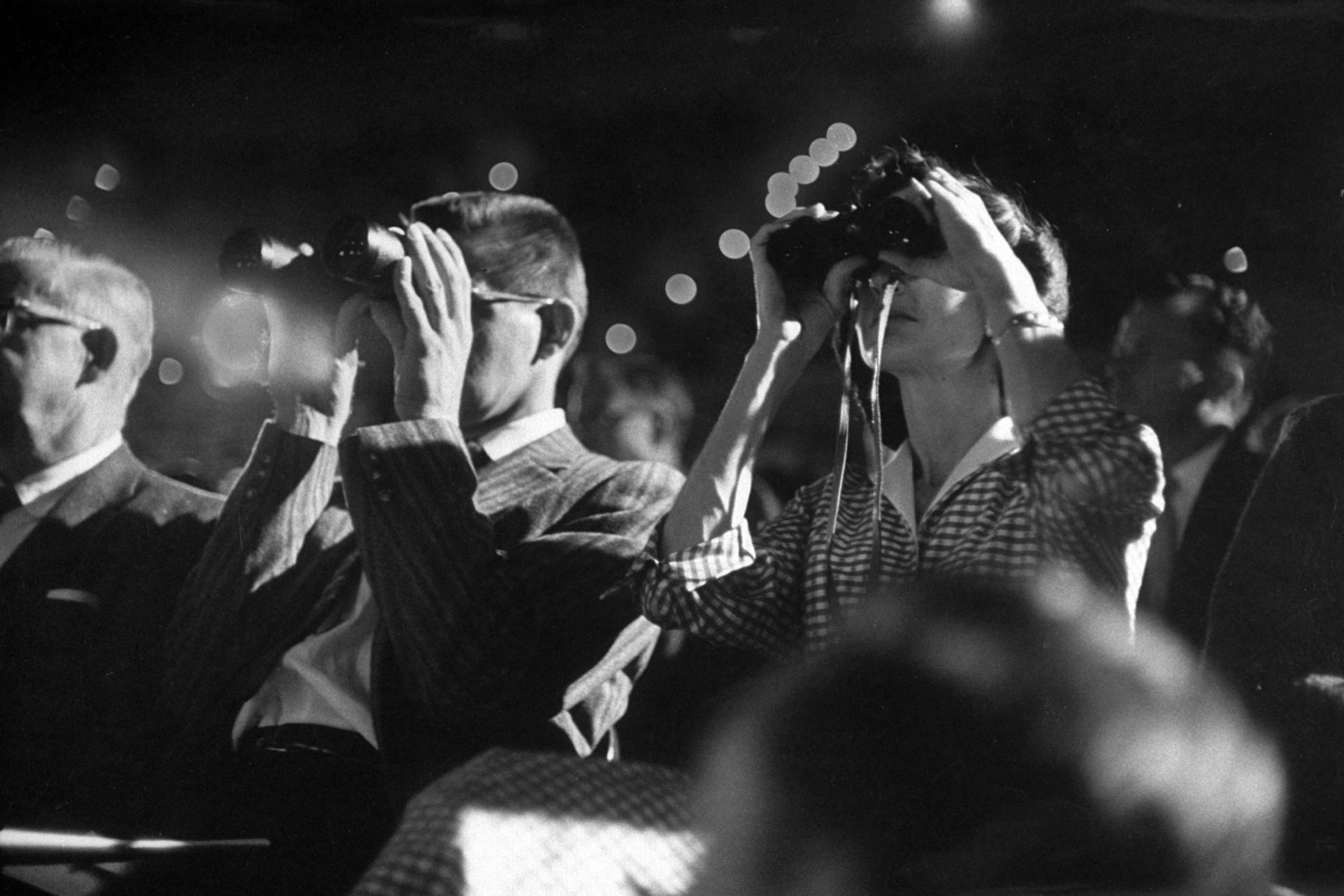
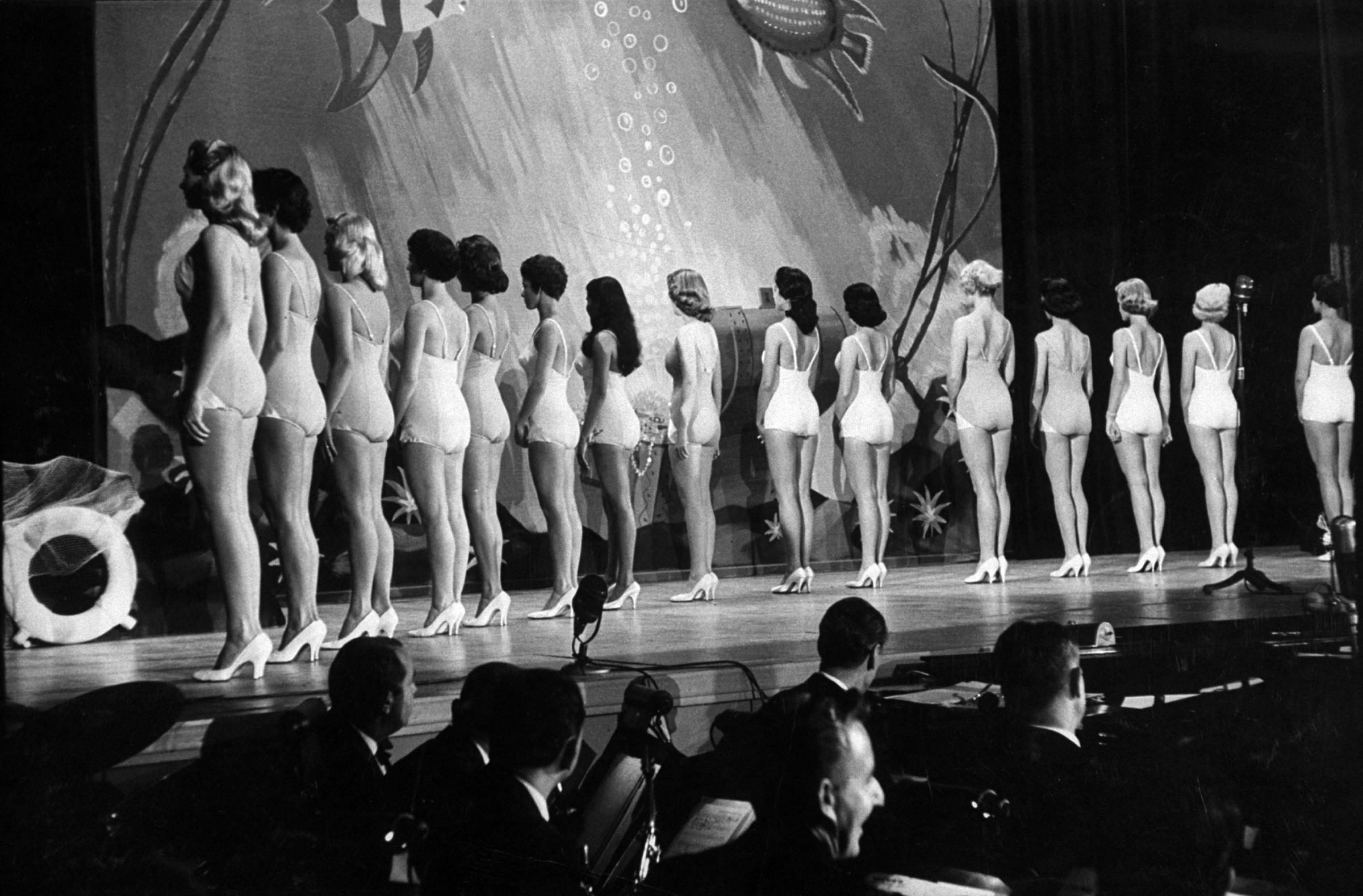
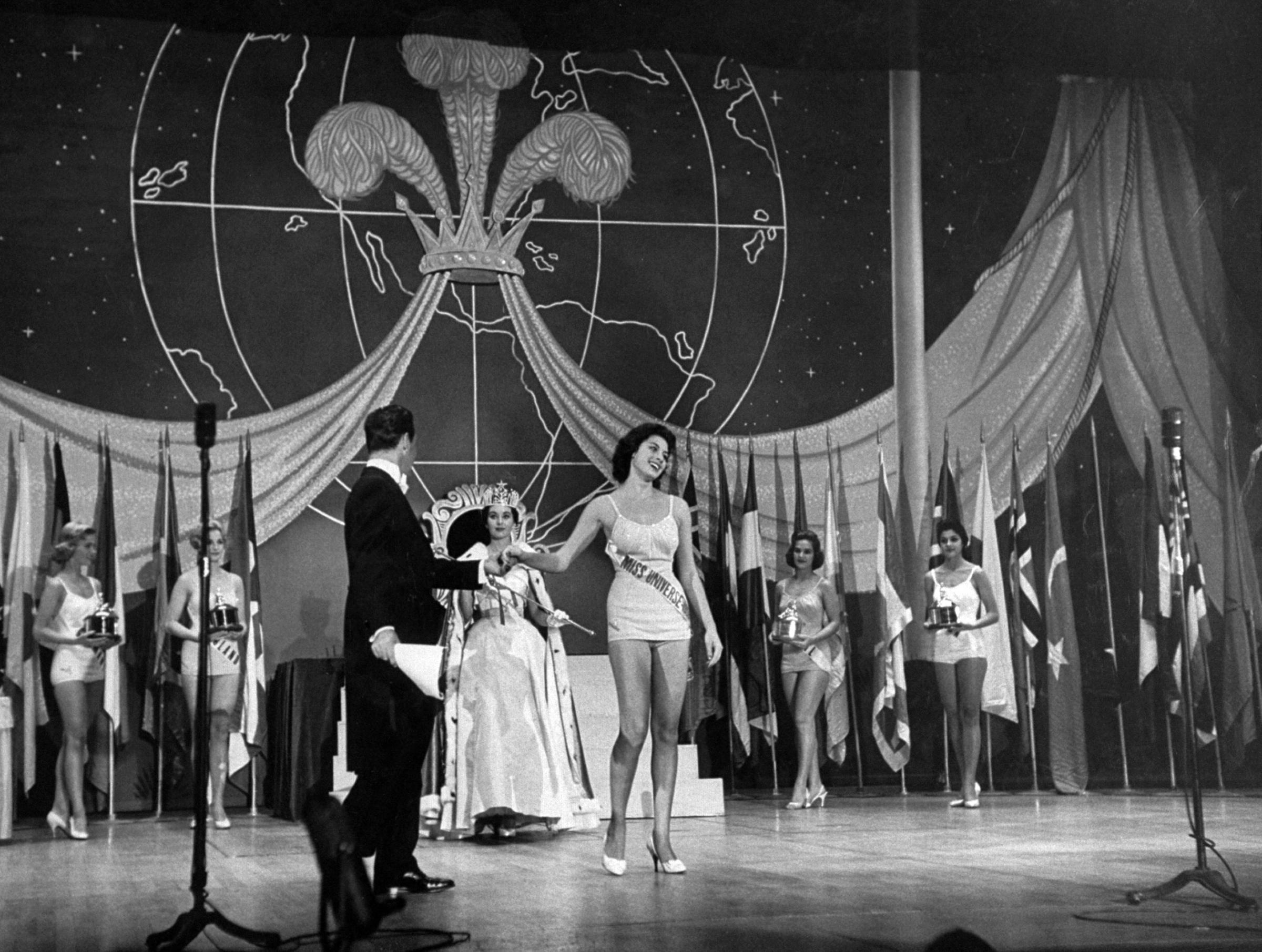
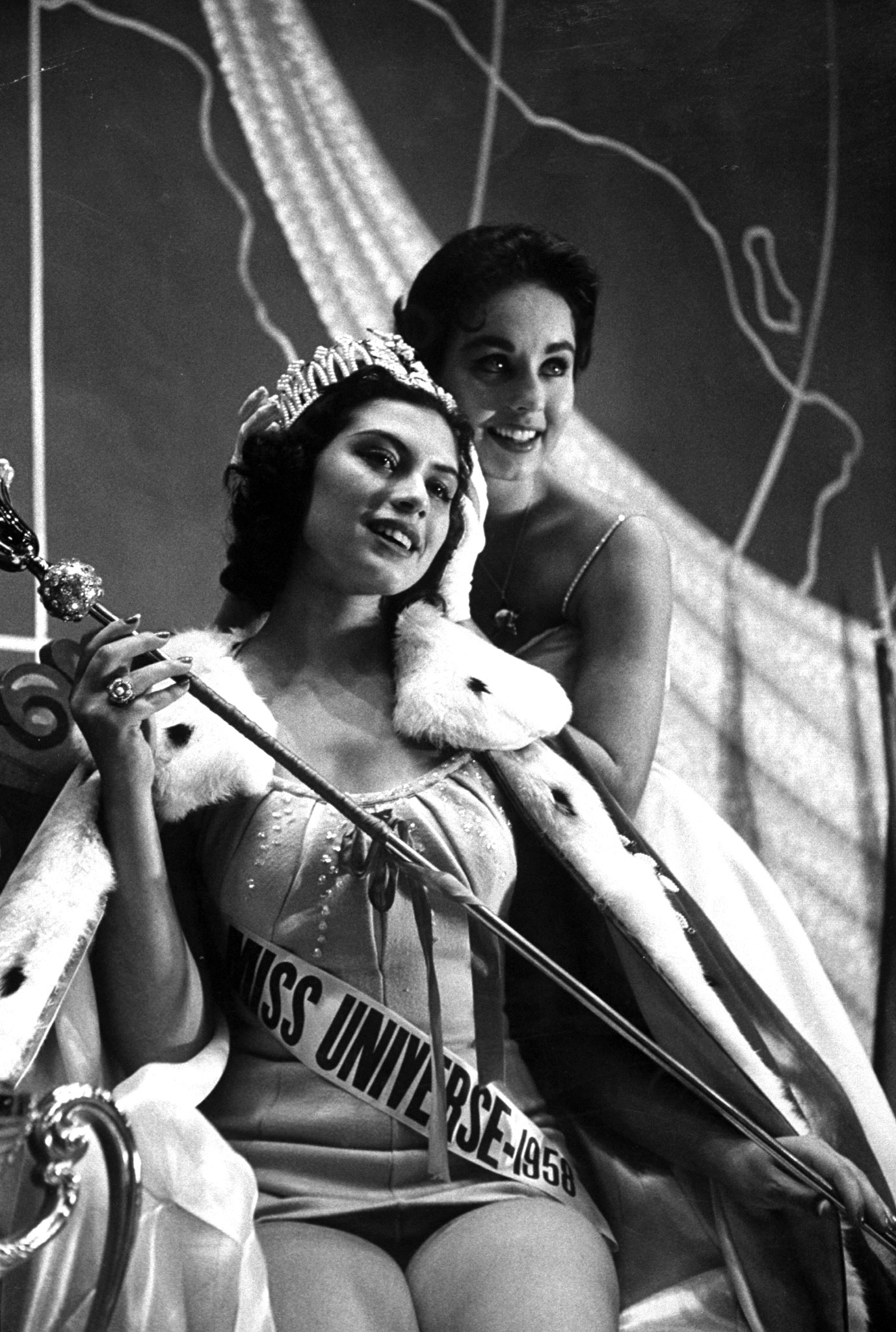
More Must-Reads from TIME
- Cybersecurity Experts Are Sounding the Alarm on DOGE
- Meet the 2025 Women of the Year
- The Harsh Truth About Disability Inclusion
- Why Do More Young Adults Have Cancer?
- Colman Domingo Leads With Radical Love
- How to Get Better at Doing Things Alone
- Michelle Zauner Stares Down the Darkness
Write to Eliza Berman at eliza.berman@time.com